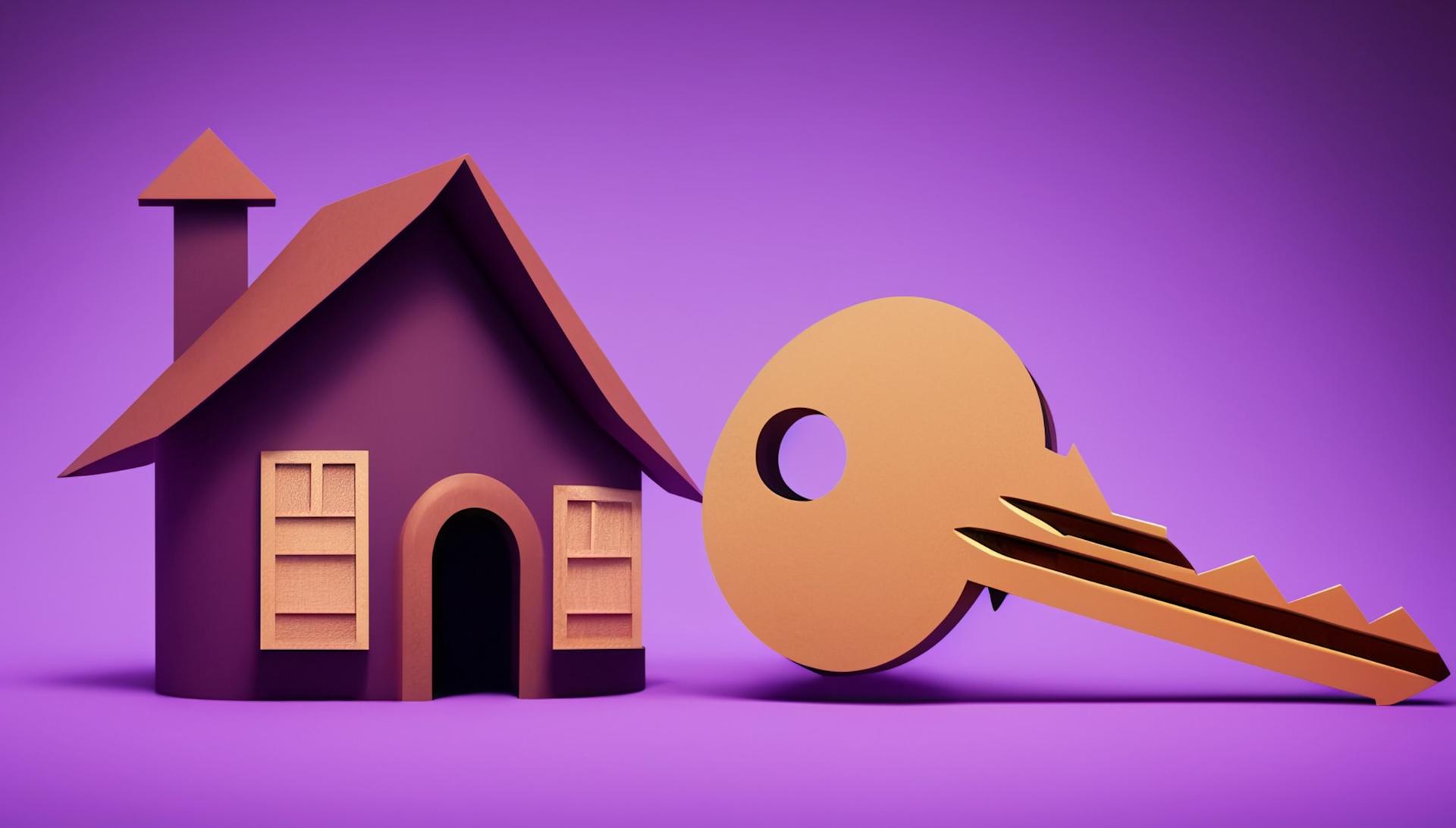
The key to a good landlord-tenant relationship is trust.
Tenants are responsible for maintaining the property, paying rent on time, allowing the landlord access for necessary repairs and inspections, and promptly reporting any maintenance issues.
Landlords, in turn, must ensure fair rent, fulfill their legal obligations, quickly address maintenance problems, and allow the tenant peaceful possession of the property without harassment or interference.

It sounds simple, but the sad reality is that landlord and tenant disputes are on the rise, and they are often not cheap to resolve.
The good news is, that these disputes can be avoided completely if both landlord and tenant are aware of their obligations from the outset.
In this article, we will focus on the key responsibilities of a landlord.
What are landlords responsible for?
Landlord responsibilities before renting out a property
Before renting your property, you need to ensure that the following requirements are met (as defined in the Landlord and Tenant Act):
Keep your rented properties safe and free from health hazards.
Fit and test smoke alarms and carbon monoxide alarms
Follow fire safety regulations
Make sure all gas equipment and electrical equipment are safely installed and maintained
Provide an energy performance certificate for the property
Protect your tenant’s deposit in a government-approved scheme
Check your tenant has the right to rent the property if it is in England
Give your tenant a copy of the “How to Rent” checklist when they start renting from you (you can email this to them).
Landlord's obligations during a tenancy
After your tenant has safely settled into their new home, your legal obligations don’t stop there.
Making repairs
One of the most common disputes during a tenancy arises from housing disrepair.
Landlords are legally obligated under the Landlord & Tenant Act 1985 to maintain the "structure and exterior" of the property, along with repairs to essential fixtures like basins, sinks, baths, toilets, and heating systems.
Landlords of flats typically handle repairs in common areas as well.
While additional repair clauses may be included in the tenancy agreement, landlords must meet their minimum statutory repair obligations.
Tenants, meanwhile, must also do their part in maintaining the property and promptly tell the landlord of any disrepair. However, ultimately, it's the landlord's responsibility to ensure the property is safe and well-maintained.
Common issues reported by tenants include water damage, damp or mould (though tenants must help reduce condensation), damaged roofs or guttering, faulty windows and doors, broken bathroom fixtures, and various interior damages.
If landlords neglect their repair duties, tenants have rights:
They can initiate a claim in small claims court for repairs under £5,000.
In certain situations, they can carry out repairs themselves and subtract the cost from their rent.
Should landlords continue to neglect essential repairs, tenants can request a council inspection under the Housing Health and Safety Rating System (HHSRS) to compel necessary action.
Tips to avoid a housing disrepair claim
You can mitigate the risk of disrepair by:
Completing a property inventory - detailing all items in the property belonging to you
Completing a property condition photographic schedule - this should be signed by the tenants before moving in
Keeping clear records of all communication between you and the tenant - Email is best for this
Keeping records - You should keep copies of any invoices for works carried out by your contractors
Hiring a reputable property management agent
Hiring reputable, insured contractors to undertake repairs to the property
Taking out landlord insurance
Financial responsibilities of landlords
In addition to their duties to tenants, landlords have financial responsibilities.
These include paying income tax on rental income after deducting running expenses.
If renting out the property is considered running a business, landlords must also pay Class 2 National Insurance.
Moreover, landlords planning to rent out a property with a mortgage must get permission from their mortgage lender beforehand.
Get help from Lawhive
Clear and regular communication with the tenant is the best way to establish trust and to ensure that the property remains in good repair throughout the tenancy.
If you're a landlord and unsure whether you've met your obligations for an existing tenancy or you're a new landlord looking for guidance before renting out your property, contact Lawhive's legal assessment team for a free case evaluation and fixed fee quote.